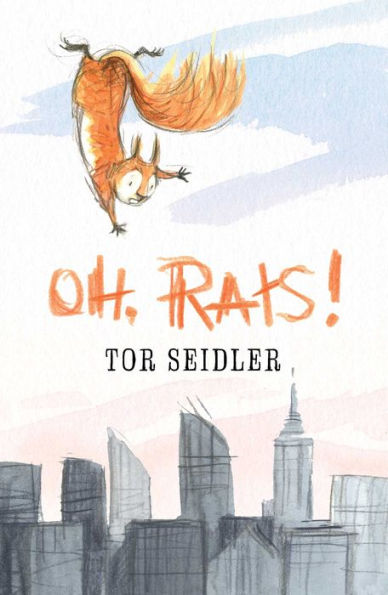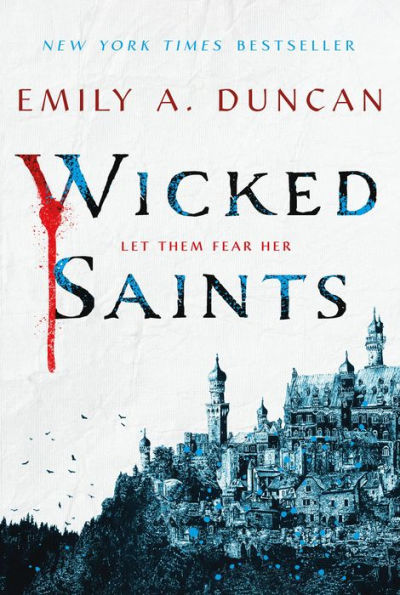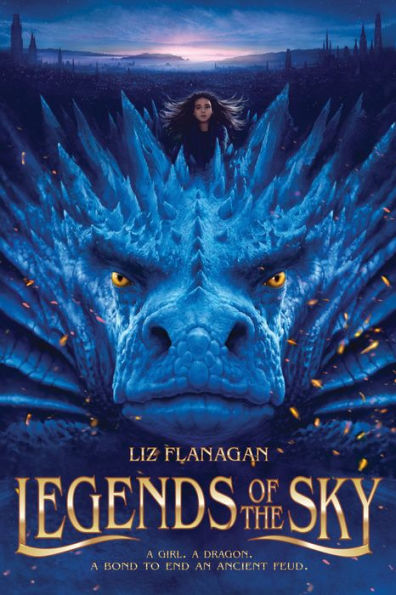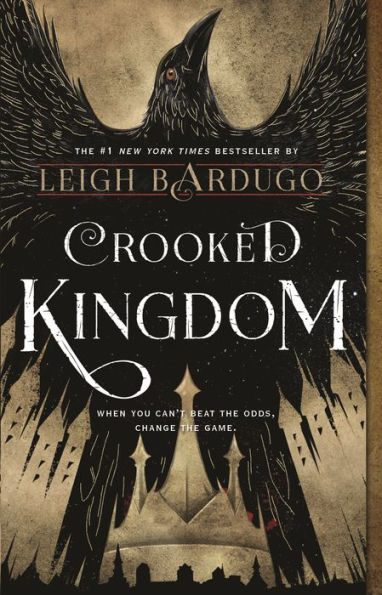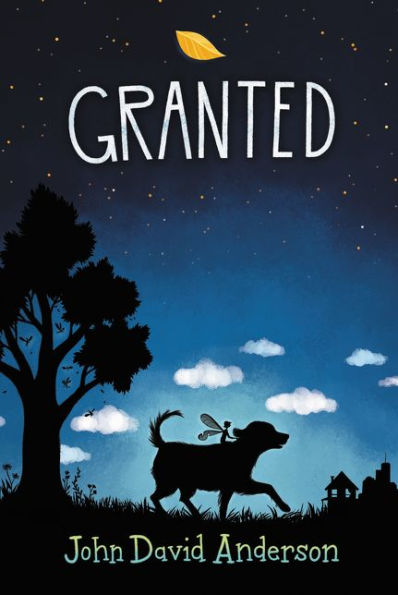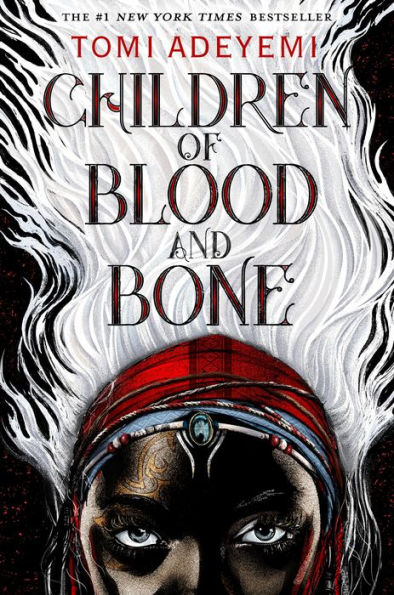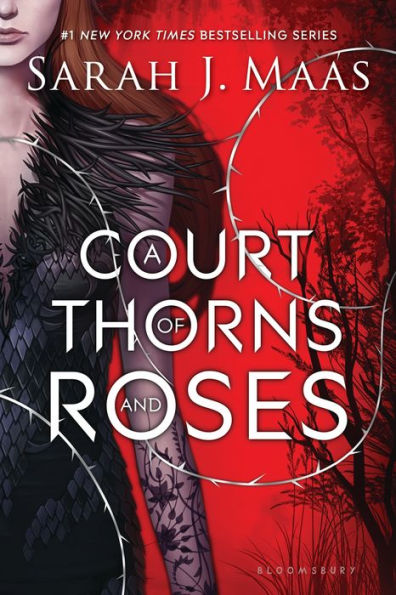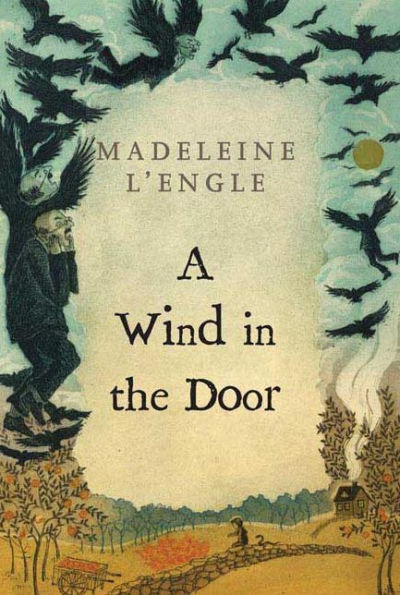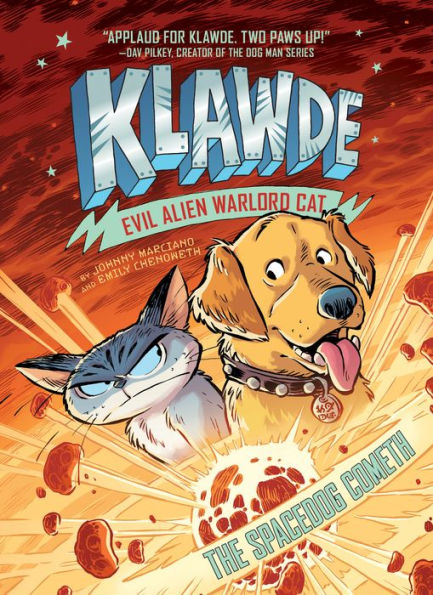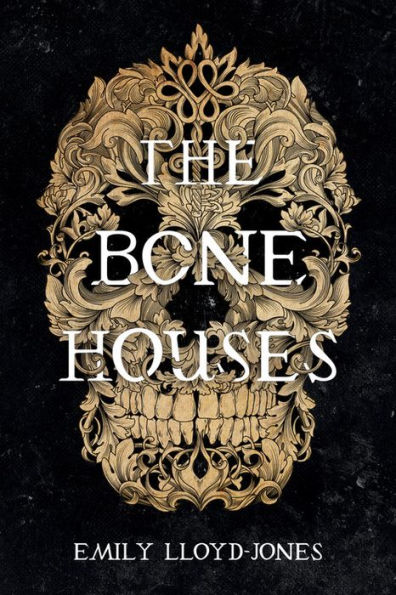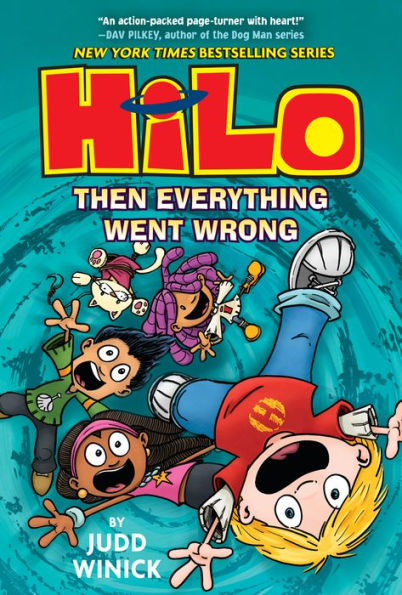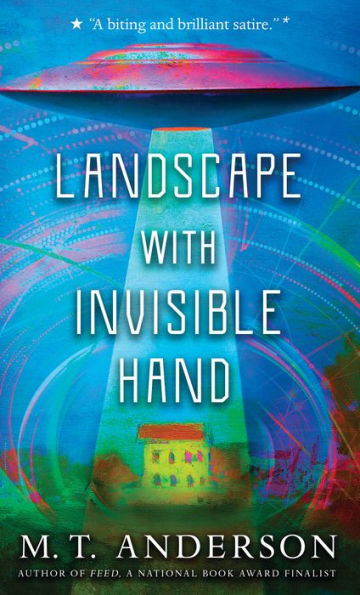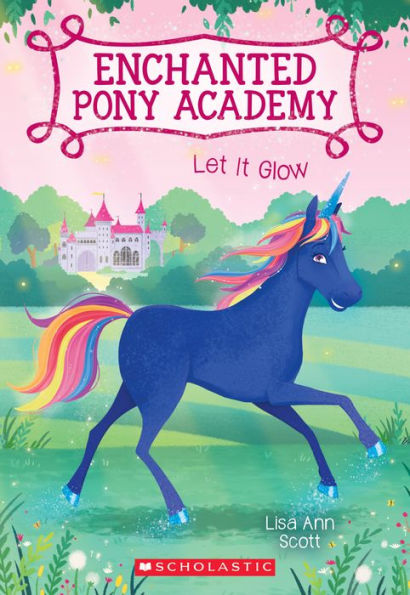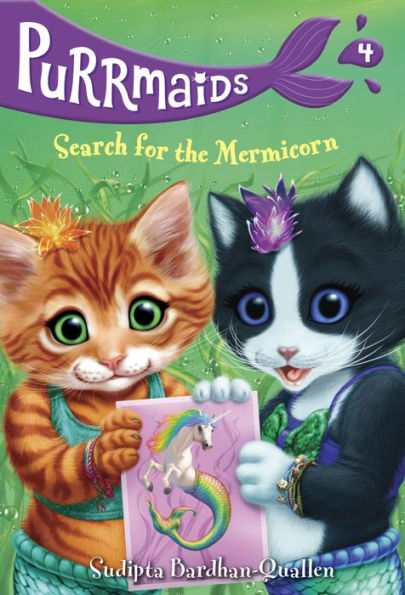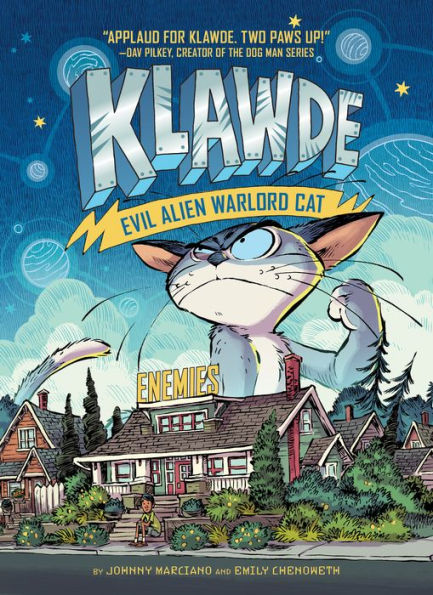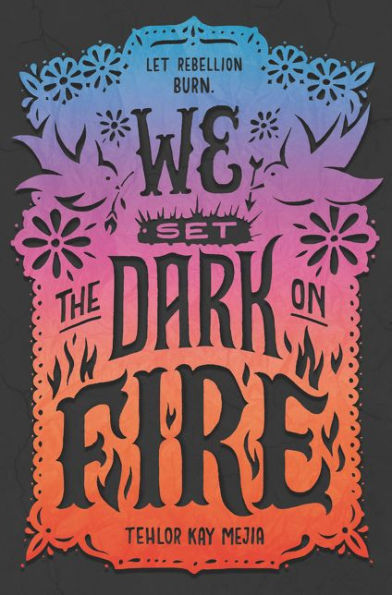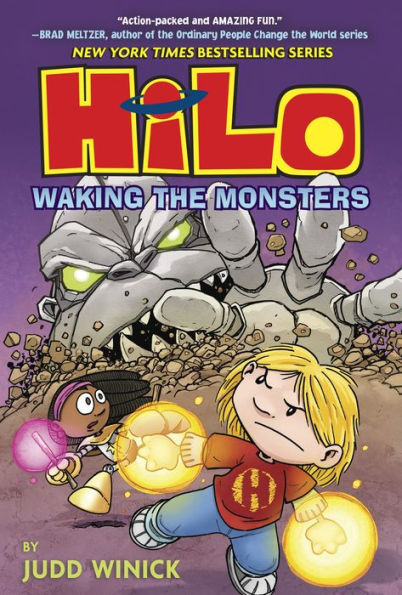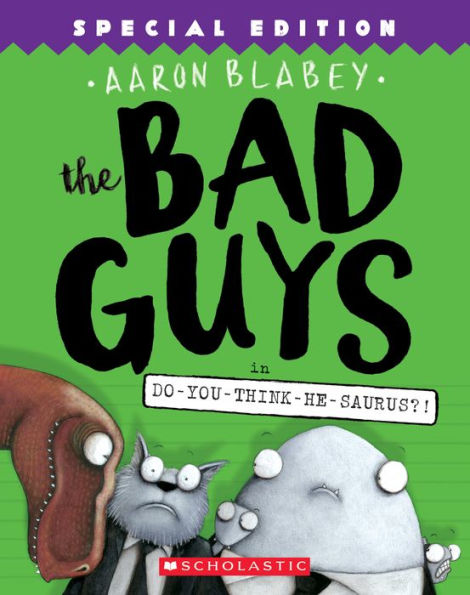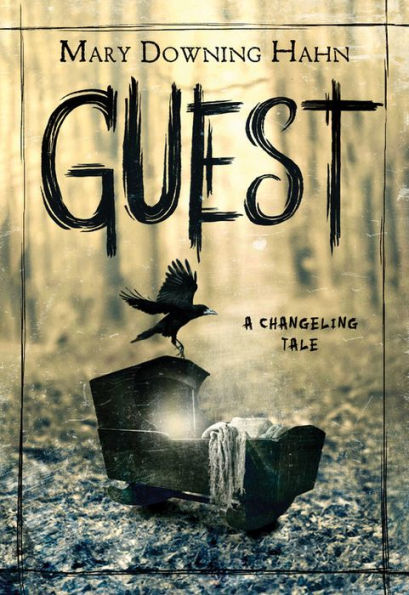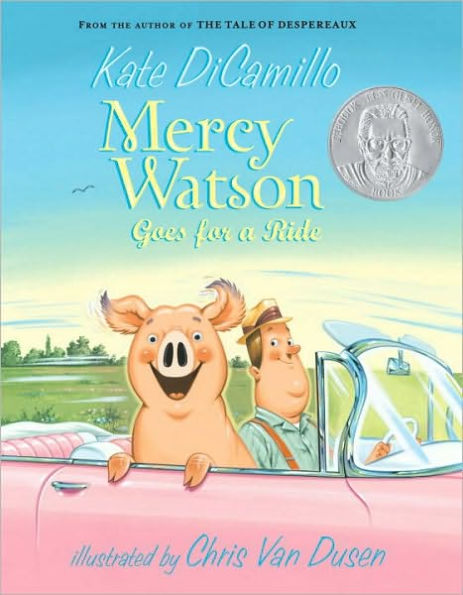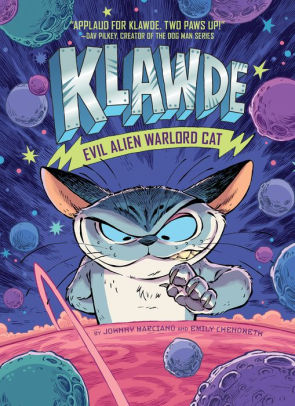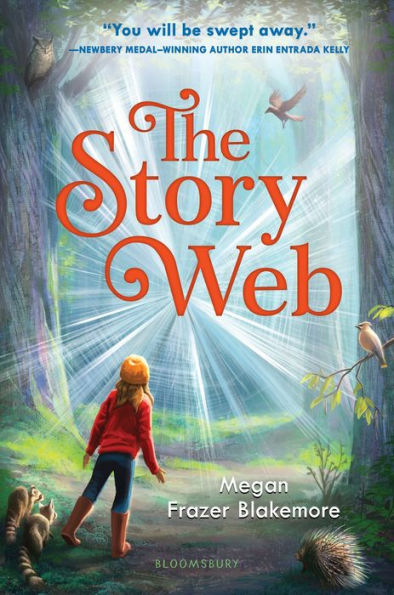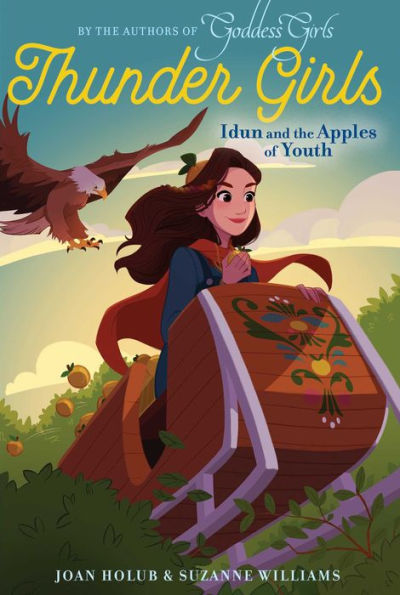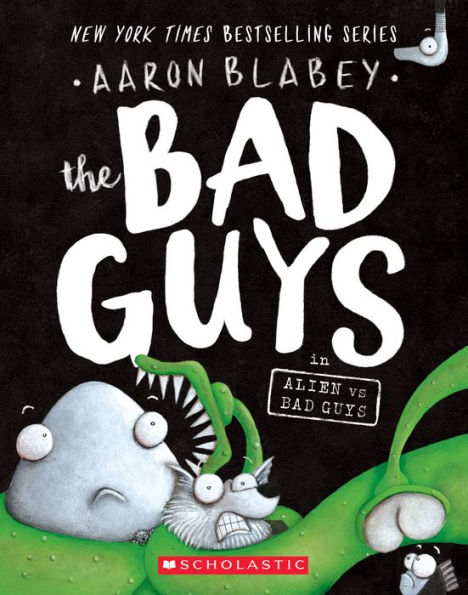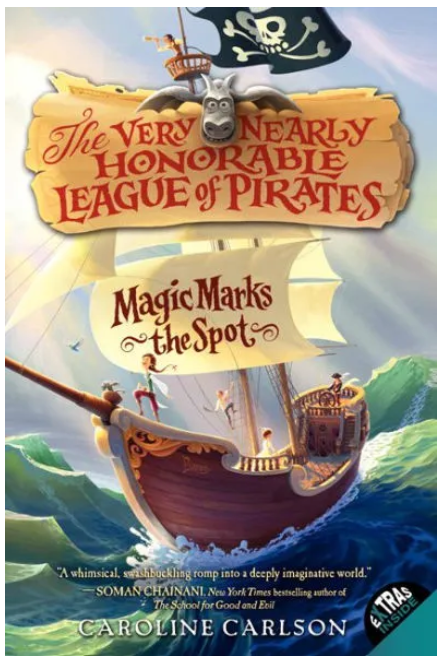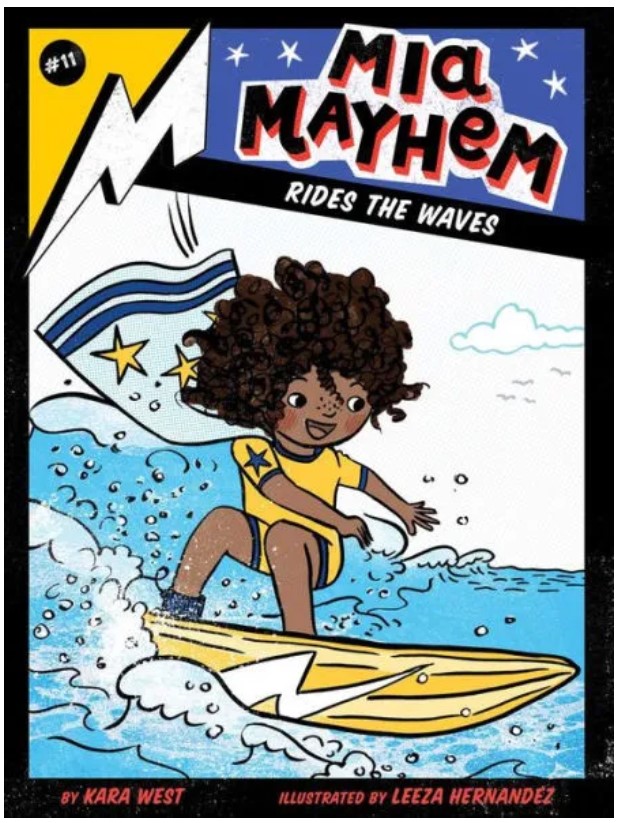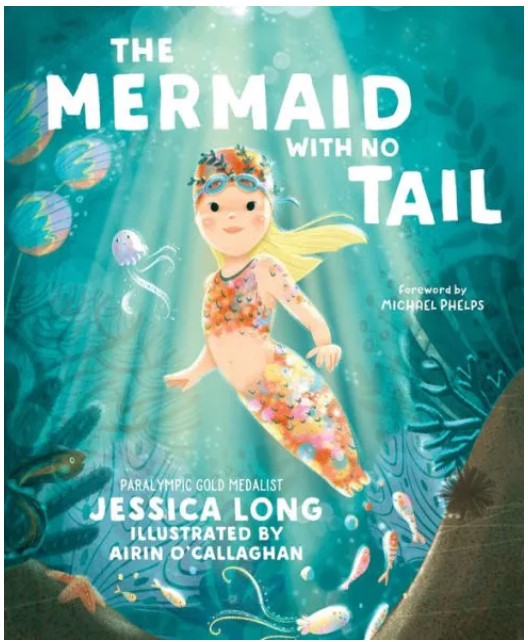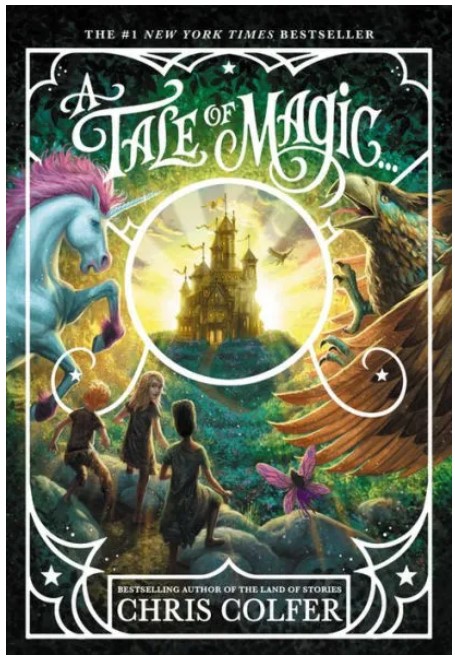Phoenix has always been lucky: he’s the largest in his litter, he has the most lustrous fur, and he’s the most sought-after squirrel in his part of New Jersey. All of this makes him being kidnapped by a hawk seem all the more unlucky.
Luckily, the hawk doesn’t have the best grip; however, he drops Phoenix on a freshly tarred street in downtown Manhattan. Stripped of his gorgeous golden-brown coat, Phoenix now looks like . . . like . . . a common sewer rat! Enormously unlucky!
But his luck changes once again when it isn’t sewer rats that find him, but rather Lucy and Beckett, wharf rats living in an abandoned pier on the Hudson River. Just as Phoenix starts to adjust to city life, the rats discover that humans (an unobservant and furless species) plan to tear down the pier and build a tennis complex. Can Phoenix save his new friends’ home? Or has his luck finally run out?
At first, Phoenix is a vain rat who wants to win Giselle’s attention. As Phoenix is admiring his reflection in a pond, a red-tail hawk grabs him. The hawk eventually drops him over Manhattan. Two rats, Lucy and Beckett, drag Phoenix back to their crate and nurse him back to health. After Phoenix sees his battered reflection, he stops eating in the hopes that he will die. However, he soon is caught up in the plight of the rats, whose home is about to be demolished. The rats decide to sabotage an electrical substation to stop the gentrification of their pier.
The rats’ diverse community has many characters that are interesting and well-developed. Phoenix has to overcome his dislike of rats and learn to appreciate of his own looks. Beckett, a bookish rat, would rather hide in his crate reading than join the other rats swimming. The red-tail hawk adds humor. However, the rats’ world also has several villains that also add interest to the story.
Oh, Rats! has some exciting moments, but the plot drags in many places. The focus on Lucy and Beckett’s alcoholic father seems out of place because his appearance does nothing to advance the plot. Although readers may find the rats’ way of life interesting, readers may struggle with the vocabulary. The story uses difficult vocabulary such as ignominious, appalled, piqued, lugubrious, and curmudgeonly. However, black and white illustrations appear occasionally, which helps break up the text.
Phoenix is a relatable character, who has a mix of good luck and bad luck. In the end, Phoenix realizes that friendship is more important than one’s looks. Even though Phoenix’s story is interesting, many readers will have a difficult time wading through the slow plot and difficult vocabulary. With a vast selection of animal books out there, Oh Rats! may be best left on the library shelf.
Sexual Content
- Phoenix has a crush on a squirrel and they brush whiskers. Later, Phoenix thinks, “Giselle! Phoenix hadn’t thought of her in days. He wondered if she’d gone back to the pond from time to time to think about him. It didn’t seem likely. She’d switched from Tyrone to him so easily, she would probably have switched to another squirrel by now. Though she had seemed to like him.”
Violence
- Tyrone, a squirrel, is electrocuted. Even though his death is not described, Phoenix carries Tyrone on his back so Tyrone can have a proper funeral.
- A hawk grabs Phoenix. “He was in the clutches of a bird of prey. He tried to wretch himself free, but the bird tightened its grip, and the terrible pain in his shoulder redoubled—a talon was piercing it. The bird’s other claw had a vicelike hold on his hindquarters.”
- The hawk drops Phoenix, who “finally dropped out of the tree and hit the street, the pavement wasn’t as unforgiving as pavement usually is. This particular crew had just laid down a new layer of hot tar, which was still soft and doughy.” The tar burned Phoenix. “His whole front side was instantly scalded. . . When he leaped to his feet, the tar scalded his footpads.” As Phoenix escaped the tar, dogs chased him. A bird finally helps Phoenix find water.
- An alley cat chases Lucy and Beckett. Lucy runs into a pipe. “Her less agile brother dove and hit the pipe snout-on. For an instant he saw stars. The stars cleared up just as the alley cat pounced. A claw grazed Beckett’s back, but he darted to the other end of the pipe and squirmed in before the cat could grab him.” Lucy and Beckett hide in the hot pipe until it’s safe to leave.
- When humans place dynamite by the rats’ home, Mrs. P moved some under the bulldozer. “After lighting both fuses, she dropped the match and waddled away as fast as she could. But the dynamite was only meant for weakening beams, and the blast wasn’t much louder than a car backfiring.”
- Beckett reads an article about the rats causing the electricity to go out. “The headline was: SUICIDE BOMBER?” When a rat asks what that is, “Beckett squirmed. ‘I’m not sure,’ he said at last. But of course he knew, and by the aghast look on Lucy’s face he could tell that she did too.”
- In an electrical substation, Phoenix lights dynamite. “The dynamite exploded just as he stepped onto the balcony. The detonation wasn’t all that powerful. The balcony didn’t tremble under his paws or anything. Nevertheless, he watched one neighborhood after another blink out, till the entire city was dark again.”
- When a hawk lands by the rats, the rats flee. “In his rush to protect Lucy, Beckett had knocked her over, and they lay tangled on the ground, while their father was pressed flat behind his beer can.”
Drugs and Alcohol
- When a construction crew put poison out, four rats eat it and end up dying.
- In order to gain an inheritance, a rat tries to poison Mrs. P. Mrs. P is given an antidote and doesn’t die.
- Lucy and Beckett’s father, Mortimer, is an alcoholic. Lucy “loved their father Mortimer, but since the death of their mother he’d taken to drink, which brought out his temper.” When Mortimer comes home, he smells bad. Beckett asks him, “Sucking old beer cans again?”
- Lucy worries about her father because “once, when he’d staggered home alone after one of his binges, a cab on the West Side Highway had hit his tail, which was why half of it was missing.”
- Lucy and Becket go to look for her father. “She knew the neighborhood bars on the other side, as well as the alleys behind them where her father liked to drain the dregs from toss-out beer and wine bottles.” As she looked for her father, Lucy saw “a sour-smelling human was passed out in front of the first bar they checked. . .”
- Beckett isn’t sad that his father isn’t at home because “Mortimer was particularly nasty when he drank.”
- Lucy and Beckett find their father at a bar. “Mortimer grabbed a paper cup. . . the bartender was filling four mugs with draft beer. He held the mug handles in one hand and left the spigot open as he filled them, some trickles of beer spilled down onto the rubber mat. Or would have, if Mortimer hadn’t been there with his cup. When it was full, he carried it back to his hideaway with great care.”
- Lucy and Beckett are able to leave the bar because humans are not observant creatures, “especially when guzzling beer and watching baseball.”
- When the electricity goes out, Mortimer decides to come home. “Indeed, it was Mortimer, rolling an unopened can of New Amsterdam ale in their direction.”
Language
- Someone asks Phoenix, “What the heck are you doing here?”
- A construction worker says, “I’ll be darned if I’m going to set the charges.”
- When humans yell at the construction workers, someone calls them “wackos.”
Supernatural
- None
Spiritual Content
- None
